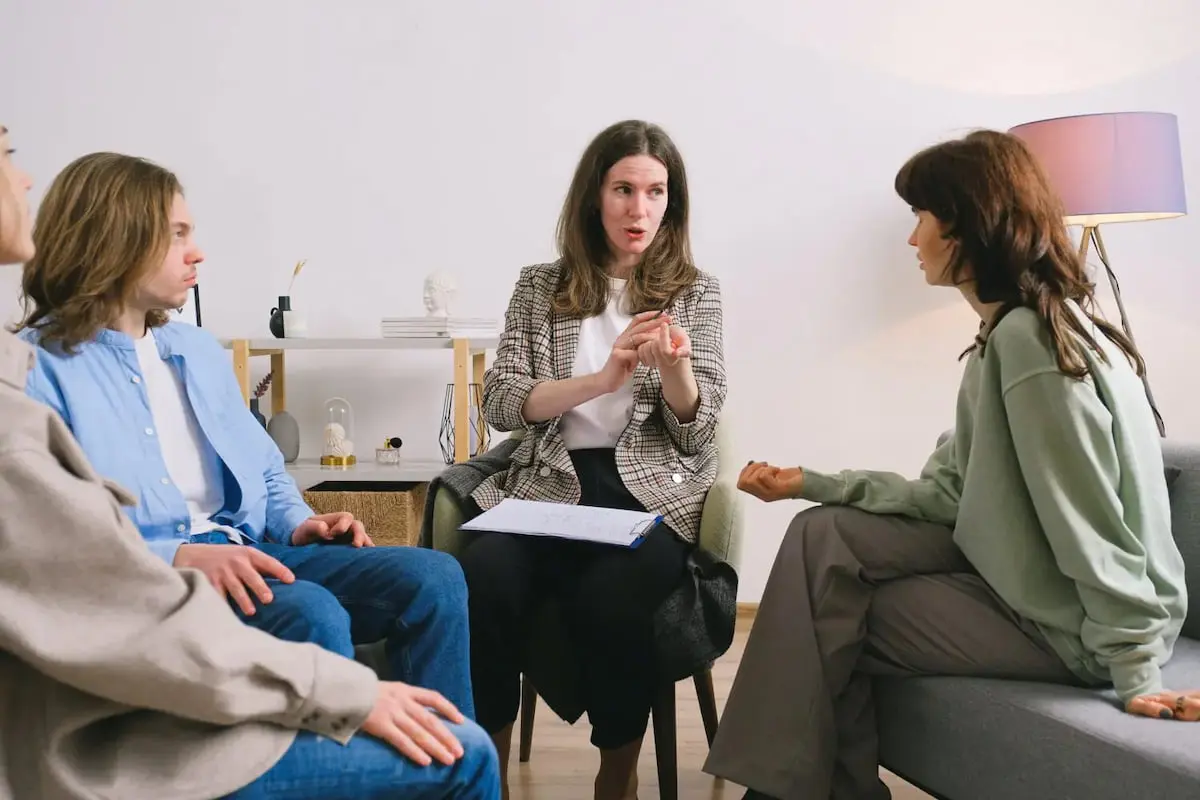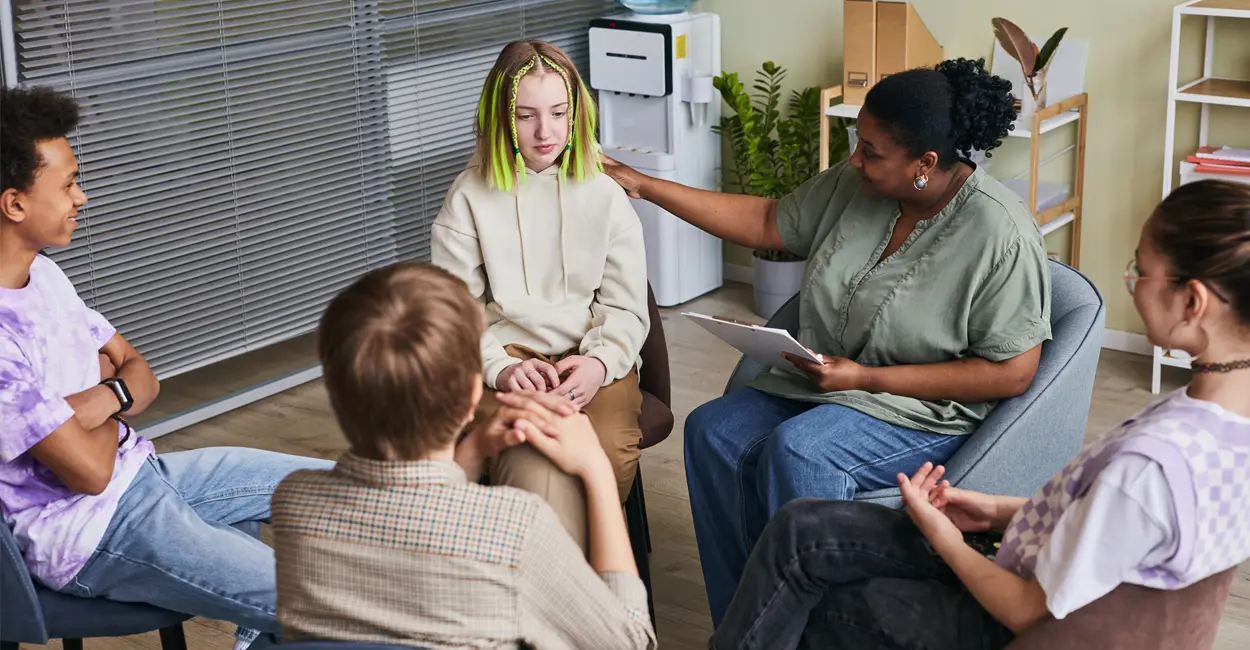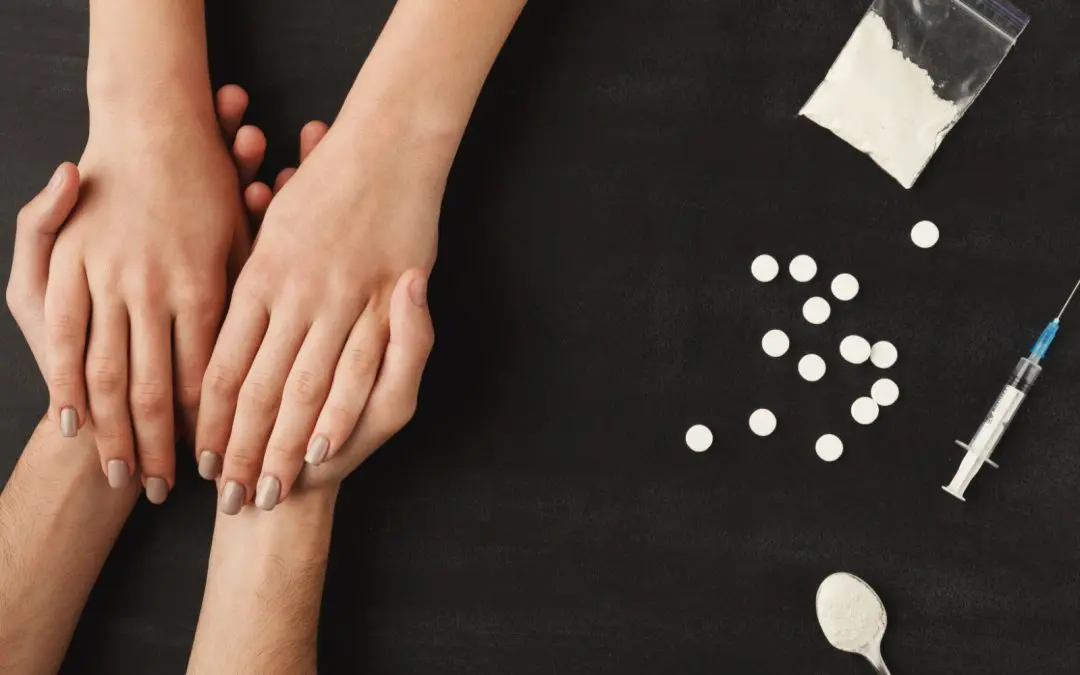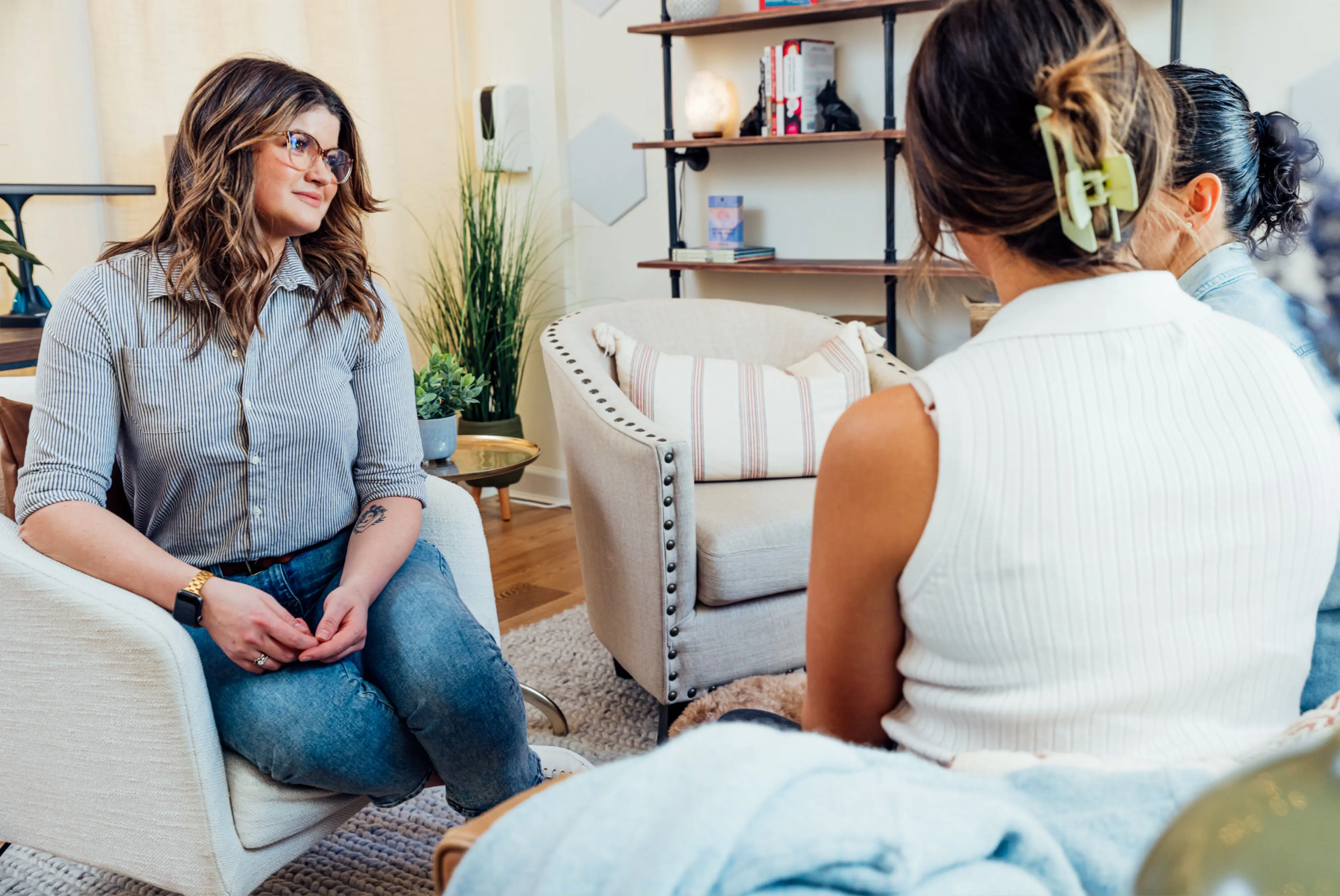24/7 Helpline:
(866) 899-221924/7 Helpline:
(866) 899-2219
Learn more about Klonopin Rehab centers in Green Bay
Klonopin Rehab in Other Cities
Other Categories in Green Bay

Other Insurance Options

EmblemHealth
Beacon

Anthem

State Farm

Self-pay options

Humana

Sutter

CareSource

Health Choice

Molina Healthcare

Horizon Healthcare Service

Meritain

Health Partners

BHS | Behavioral Health Systems

CareFirst

Medical Mutual of Ohio

AllWell

Premera

Choice Care Network

WellCare Health Plans

Jackie Nitschke Center
Jackie Nitschke Center stands as a reputable dual-diagnosis addiction treatment center in Green Bay,...

CleanSlate Outpatient Addiction Medicine
CleanSlate Outpatient Addiction Medicine stands as a comprehensive dual-diagnosis addiction t treatm...

Rawhide Youth and Family Counseling – Green Bay
Rawhide Youth and Family Counseling is a non - profit rehab located in Green Bay, WI. Rawhide Youth ...

Oneida Tribe of Wisconsin
Oneida Tribe of Wisconsin is a public rehab located in Green Bay, Wisconsin. Oneida Tribe of Wiscons...

Family Services of Northeast Wisconsin
Family Services of Northeast Wisconsin is a private rehab located in Green Bay, Wisconsin. Family Se...

New Wellness Associates
New Wellness Associates is a private rehab located in Green Bay, Wisconsin. New Wellness Associates ...

Libertas Treatment Center
Libertas Treatment Center - Dousman Street is the only private inpatient substance abuse facility in...

Family Services – Billie Kress Center
Family Services – Billie Kress Center is a private rehab located in Green Bay, Wisconsin. Family Ser...

Innovative Counseling
Innovative Counseling is an outpatient rehab located in Green Bay, WI. Innovative Counseling special...

Milwaukee VA Medical Center – Milo C. Huempfner VA Outpatient Clinic
Milo C. Huempfner VA Outpatient Clinic provides Behavioral Health services in an outpatient setting....



















Bellin Psychiatric Center
Bellin Psychiatric Center is a private rehab located in Green Bay, Wisconsin. Bellin Psychiatric Cen...

218 Club
218 Club is a non-profit rehab located in Green Bay, Wisconsin. 218 Club specializes in the treatmen...

Green Bay Comprehensive Treatment Center
Green Bay Comprehensive Treatment Center is a private rehab located in Green Bay, Wisconsin. Green B...

The Bridge of Green Bay
The Bridge of Green Bay is a not for profit organization located in Green Bay, WI. The Bridge of Gre...

AlAnon
AlAnon is a non-profit rehab located in Green Bay, Wisconsin. AlAnon specializes in the treatment of...

Recovery Works Counseling Services
Recovery Works Counseling Services is a private rehab located in Green Bay, Wisconsin. Recovery Work...

Bornemann Therapy Department
Bornemann Therapy Department is a private rehab located in Green Bay, Wisconsin. Bornemann Therapy D...

Prevea Clinic Behavioral Care
Prevea Clinic Behavioral Care is a private rehab located in Green Bay, Wisconsin. Prevea Clinic Beha...

American Foundation of Counseling Services
American Foundation of Counseling Services is a private rehab located in Green Bay, Wisconsin. Ameri...

Northwest Counseling – Day Treatment
Northwest Counseling – Day Treatment is a private rehab located in Green Bay, Wisconsin. Northwest C...

LSS – Lutheran Social Services – Preble House
Lutheran Social Services (LLS) – Preble House serves men and women who are battling drug and alcohol...

LSS – Lutheran Social Services – Wellspring
Lutheran Social Services (LSS) - Wellspring is a daytime resource center just for women. Lutheran So...

LSS – Lutheran Social Services – Northview
Lutheran Social Services (LSS) - Northview is a community based residential facility serving eight a...








